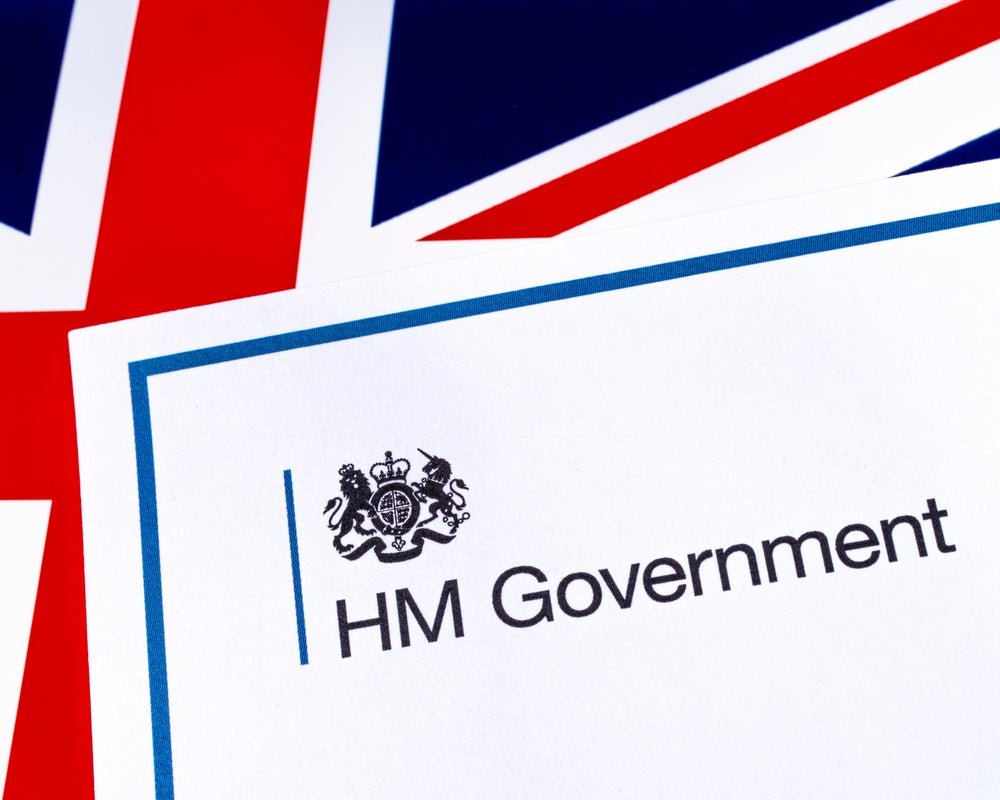
The UK government has greenlit a range of funding deals totalling £146m for the nation’s life sciences sector. Backed by public and private sector investment, the funded initiatives aim to develop new technologies to aid in cancer detection and treatment.
The deals include a £118m funding package from UK Research and Innovation (UKRI) to create five new innovation hubs across the country.

Discover B2B Marketing That Performs
Combine business intelligence and editorial excellence to reach engaged professionals across 36 leading media platforms.
The hubs will work in close partnership with the private sector to develop new health technologies, including more easily usable scanners that will help surgeons detect early signs of cancers and remove tumours with greater success, according to the UK Government’s October 6 press release.
London’s Francis Crick Institute has received £9m to initiate a four-year study to evaluate the barriers towards successful immunotherapy treatment.
The Manifest study, co-led by the Crick Institute and the Royal Marsden National Health Service (NHS) Foundation Trust, will collect data from 3,000 patients who have suffered from cancer with the aim to develop tests to monitor biomarkers in real time to determine whether immunotherapy treatment is likely to work.
Clinical group leader at the Francis Crick Institute, professor Samra Turajlic commented: “Research on this scale can get us one step closer to better tests in the clinic, but also fuel more discoveries regarding cancer immunology and new therapies.”

US Tariffs are shifting - will you react or anticipate?
Don’t let policy changes catch you off guard. Stay proactive with real-time data and expert analysis.
By GlobalDataThe UK government has also allocated £6.4m towards the creation of an artificial intelligence (AI) digital pathology platform. According to Vin Diwakar, national director of transformation at NHS England, access to the dataset will enable researchers to learn more about various conditions, including cancer, so that they can both spot how to prevent disease and also find the next generation of treatments and cures faster.
“As a cancer survivor, I know how vital an early cancer diagnosis and the latest treatments are,” commented health and social care secretary Wes Streeting.
“This investment will not only save lives, but also secure Britain’s status as a powerhouse for life sciences and medical technology.”
According to the UK government, the life sciences sector contributes £108bn to the UK economy annually and drove £800m in foreign direct investment into the UK in 2023.
The funding will be formally announced at the UK’s International Investment Summit on 14 October.
Ahead of ousting the Conservative Party in the summer election, Labour published a roadmap titled “Strengthening our NHS”, pledging an overall expansion of the UK’s hospital infrastructure as well as pledging that the NHS’s budget will rise to £33.9bn by the end of 2024.





